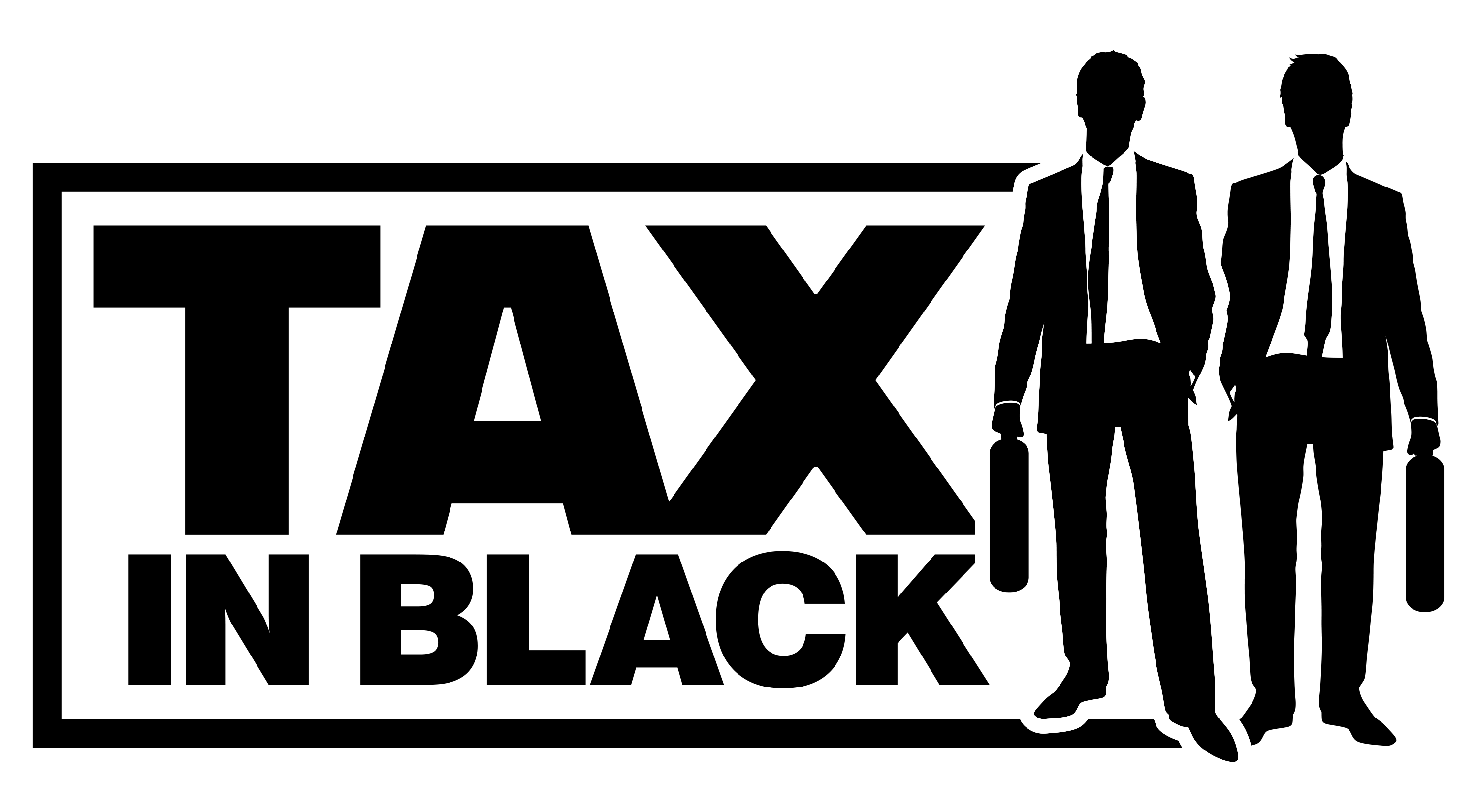The weight of tax debt can be overwhelming. If you’re feeling stressed and uncertain about your financial future due to unpaid taxes, you’re not alone. Millions of Americans struggle with tax debt every year. But there’s good news: you can get out of tax debt, and Tax In Black is here to guide you through the process.
In this comprehensive guide, we’ll walk you through understanding your tax debt, exploring your options, and taking the necessary steps towards financial freedom.
Understanding Your Tax Debt
Before you can tackle your tax debt, it’s crucial to understand what you’re dealing with.
- Types of Tax Debt: Tax debt can arise from various sources, including:
- Income Tax: Unpaid federal or state income taxes.
- Property Tax: Unpaid taxes on real estate or personal property.
- Payroll Tax: Unpaid taxes related to employee wages or self-employment income.
- Other Taxes: Sales tax, excise tax, etc.
- How Tax Debt Accumulates: Tax debt doesn’t just sit there; it grows. The IRS and state tax agencies add interest and penalties to the original amount you owe. They can also file tax liens and even levy your assets.
- Assessing Your Situation: Take the time to gather all your tax documents, including bills, notices, and bank statements. This will give you a clear picture of how much you owe and to whom.
Initial Steps to Take Get Out of Tax Debt
Once you’ve assessed your tax debt, it’s time to take action:
- Contact the IRS or State Tax Agency: Proactive communication is key. Ignoring the problem will only make it worse. Contact the relevant tax agency to discuss your situation and explore potential solutions.
- Understand Your Rights: As a taxpayer, you have certain rights, such as the right to be treated fairly and the right to appeal an IRS decision. Understanding your rights can empower you to negotiate more effectively.

How to Get Out of Tax Debt Options
The good news is that you have several options for resolving your tax debt, each with its own advantages and drawbacks:
- Payment Plans (Installment Agreements): The IRS offers different types of payment plans, allowing you to pay your debt in monthly installments. Some plans may require a down payment, and interest and penalties may still accrue.
- Offer in Compromise (OIC): This option allows you to settle your tax debt for less than the full amount you owe. However, you must meet strict eligibility requirements and demonstrate that paying the full amount would create a financial hardship.
- Currently Not Collectible (CNC) Status: If you’re unable to pay any of your tax debt at the moment, the IRS may temporarily classify your account as “currently not collectible.” This means they won’t actively pursue collection activities, but interest and penalties will continue to accrue.
- Penalty Abatement: In certain circumstances, the IRS may agree to reduce or eliminate penalties if you can show reasonable cause for not paying your taxes on time.
- Bankruptcy (Last Resort): Bankruptcy can sometimes discharge certain types of tax debt, but it’s a complex process with long-term consequences. It should only be considered as a last resort after exploring all other options.
The Importance of Personalized Guidance
The best solution for your tax debt depends on your specific financial situation, the type of debt you have, and other factors. It’s crucial to get personalized guidance from a tax professional to determine which option is right for you.
Additional Tips and Strategies to Get Out of Tax Debt
Beyond the specific solutions mentioned earlier, here are some additional tips to help you manage your tax debt and prevent future issues:
- Create a Budget: A detailed budget will help you track your income and expenses, ensuring you can allocate funds to your tax debt payments.
- Avoid Future Tax Debt: Stay on top of your taxes by filing on time and paying estimated taxes if necessary. Seek professional help if you have complex tax situations.
- Explore IRS Resources: The IRS offers a variety of resources, including online tools and publications, to help taxpayers understand and manage their tax debt. Check out their website for more information.
- Consider Tax Debt Relief Companies: If your situation is complex or you need additional support, reputable tax debt relief companies such as Tax in Black, can offer assistance with negotiations, paperwork, and payment plans.
How Tax In Black Can Help
- Connect with Qualified Tax Professionals: We’ll match you with experienced tax professionals who specialize in tax debt resolution.
- Personal Consultation: We’ll take the time to understand your unique financial situation and discuss your options in detail.
- Expert Explanation of Solutions: Our professionals will clearly explain each option, helping you understand the pros and cons so you can make informed decisions.
- Negotiation and Representation: We’ll advocate for you with the IRS or state tax agency, negotiating on your behalf to achieve the best possible outcome.
You're Not Alone – Tax In Black is Here to Help
Remember, facing tax debt can be stressful. With the right information and support, you can find a solution that works for you.
At Tax In Black, we’re dedicated to helping individuals and businesses overcome tax debt challenges. We understand the complexities of tax law and the emotional toll that tax debt can take. Our experienced team is here to provide personalized guidance, expert advice, and unwavering support throughout your tax debt resolution journey.
Don’t wait any longer. Contact Tax In Black today for a free consultation and take the first step towards a brighter financial future.


